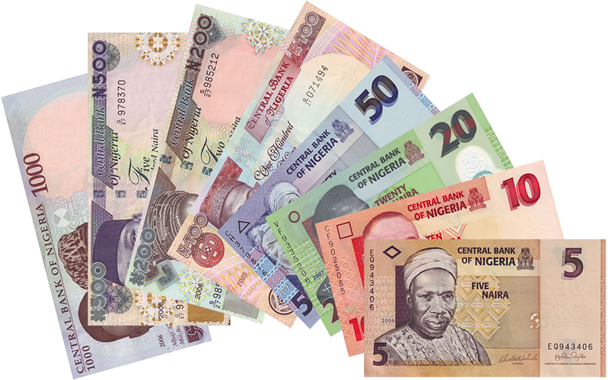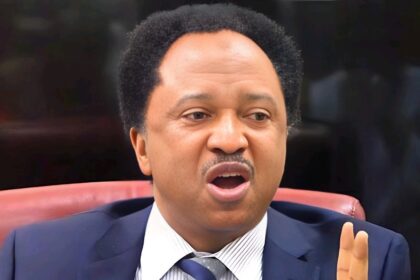The naira has come under pressure against the United States’ dollar in recent days, falling to 366 to the greenback on the parallel market.
The pressure followed the decline in the nation’s foreign exchange reserves for the first time in eight months.
The reserves, which fell further to $47.784bn on May 16, rose to $47.799bn on May 18, but dropped to $47.754bn on May 21, the latest CBN data showed. The reserves figures had not been updated as of the time of filing this report on Tuesday.
“Naira depreciates to a seven-month low of N366/$ on speculative demand. Naira weakness could stoke imported inflation,” analysts at Financial Derivatives Company Limited, headed by Bismarck Rewane, a foremost economist, said in their latest economic bulletin.
Ecobank Capital, in its Middle Africa Market Weekly Update, said depreciation pressures on the naira could emerge with rising risk-averse sentiment on emerging and frontier markets.
“The exchange rate depreciated slightly at the Investors & Exporters window at N361.6/$ and depreciated a bit more at the parallel market at N366/$. Turnover at the IE window rose 13.2 per cent from the prior week to $1.1bn,” they added.
The Chief Executive Officer, Cowry Assets Management Limited, Mr. Johnson Chukwu, said, “Clearly, we have seen some pressure, and it is partly occasioned by the reversal of capital flow. I think what is happening is that foreign portfolio investors are not reinvesting their matured instruments; rather they are converting to dollar to take it out.
“The drop in the reserves is coming from the outflow. The level of inflow is less than the current level of outflow. Once you see currency on the currency, it will manifest in the reserves. This is what we are seeing now that the reserves have seen two weeks of consecutive decline, which was the first in a very long time.”
He said the pressure would continue in the short- to medium-term because “it was also partly associated with the heightened political uncertainty principally coming from the challenges that the ruling party had with their congresses.”



